BJIFF is 12 Years Old and How Does it Go for the First 12-Year Round?
According to traditional customs, 12 years of life is a round. After years of 12 zodiac signs, it restarts, and kids become teenagers.
For the BJIFF, 12 years also seems to have extraordinary significance.
This year, because of severe pandemic control and prevention, the BJIFF remained the only international film festival in China to be held as scheduled. It takes various behind-the-scenes efforts to make the “only” possible. But fortunately, we moviegoers were finally able to enjoy a wisp of breeze by the only film festival against summer heat in Beijing. Three years ago, we could never have possibly realized that how rare and happy it could be to watch a foreign film from across the ocean in a fully occupied cinema. Film fans traveled 30 to 40KM from southeastern Fifth Ring to northwestern Second Ring of Beijing every day for each screening. Participants from Tongzhou, Chaoyang District, and Haidian District, etc. kept rushing to the main venue for the BJIFF in Huairou District, Beijing. And we can see colorful road flags of the BJIFF waving all along the way.

At the age of 12, the BJIFF has transformed from inexperience in the beginning to ease and confidence. Previous editions of the BJIFF have established its style. This year, it became even more resolute and relaxed than ever before. It acted on difficulties calmly. Now it’s back to the starting point of a new 12-year round. It didn’t hesitate or miss any year over the last round. That’s why this 12th edition is so relaxed. And the audiences of the BJIFF were as always, and attended its events and activities without any extra words.
Tickets on sale: new and old, arthouse and commercial films
The BJIFF put tickets on sale at 12:00PM, August 10. In one minute, tickets of three films were sold out. How fast was that? Let’s put it this way: I disconnected all devices at home except for my phone from Internet access, stared at it and kept refreshing the ticketing page. The moment the page was finally loaded, all seats were unavailable. I was so mad that I even wanted to make a complaint against my broadband carrier. Nevertheless, regret is one of the beauties of the festival. And because of regret, we won’t let it go, and keep seeking more.
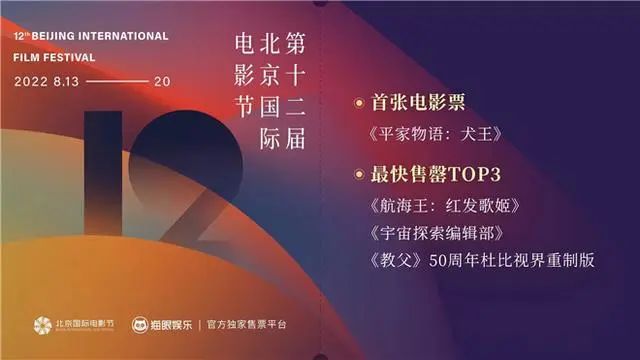
The three fastest sellers this year were ONE PIECE FILM RED, Journey to the West and The Godfather (50th Anniversary Dolby Vision Version). Interestingly, the three films represent curating dimensions of the BJIFF, i.e. new films and classics, arthouse and commercial films, as well as Chinese and foreign films. Since 2015 when China Film Archive took over the curation of the BJIFF, the balance between new and old, Chinese and foreign, and arthouse and commercial categories have been fully taken into account by the curating team. In contrast with the Festival de Cannes, Berlin International Film Festival and Venice International Film Festival, the BJIFF has gradually formed its one-of-a-kind position as an international film festival, namely balance between creation and market, and arthouse and commercial films, connection with film fans and general public, and fulfillment of various viewing demands from different groups of audience.
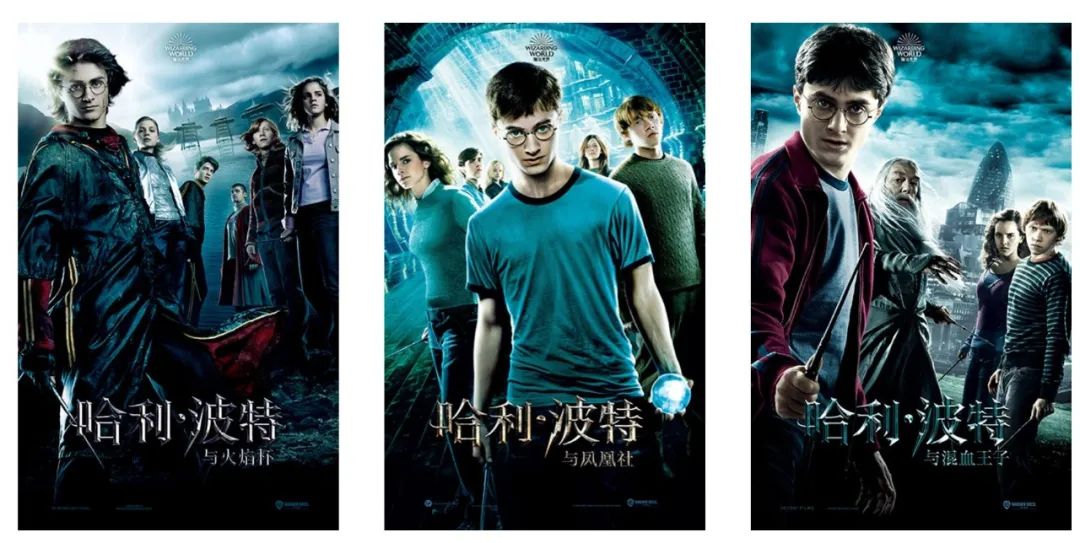
Actually, it’s almost impossible to include ONE PIECE or Harry Potter series in mainstream international film festival screenings in the West. But it becomes possible at the BJIFF since it’s one of the special features and screening ideas of the BJIFF, i.e. balance between art and market. The BJIFF Beijing Film Panorama is getting better at balancing art and market, breaking boundary between senior moviegoers and general public, and finding a unique balance pathway so that every audience can find films to their preferences. If it is the regret of moviegoers that they cannot grab a ticket to their favorite film, then it is the fate of curators that they cannot include all the films in screenings. Curating is the art of choices, or as curator Sha Dan said, it’s about trade-offs. All curators choose to seek subtle balance among various elements. The Film Carnival section presented three ONE PIECE hit films. The latest theatrical release, ONE PIECE FILM RED, was sold out in seconds on sale, making it the fastest seller out of this year’s more than 130 screened films thanks to its superb popularity gained over the years.

This is of course a victory for the IP and fandom as well as curators. The screening of the new theatrical release means that the domestic audience can watch it at the same time as the Japanese audience do. And such a synchronization makes the BJIFF screening “up-to-date” and “fresh”. In the carnival of film fans, it became the most difficult to grab a ticket to young director Kong Dashan’s new film Journey to the West among Chinese films.
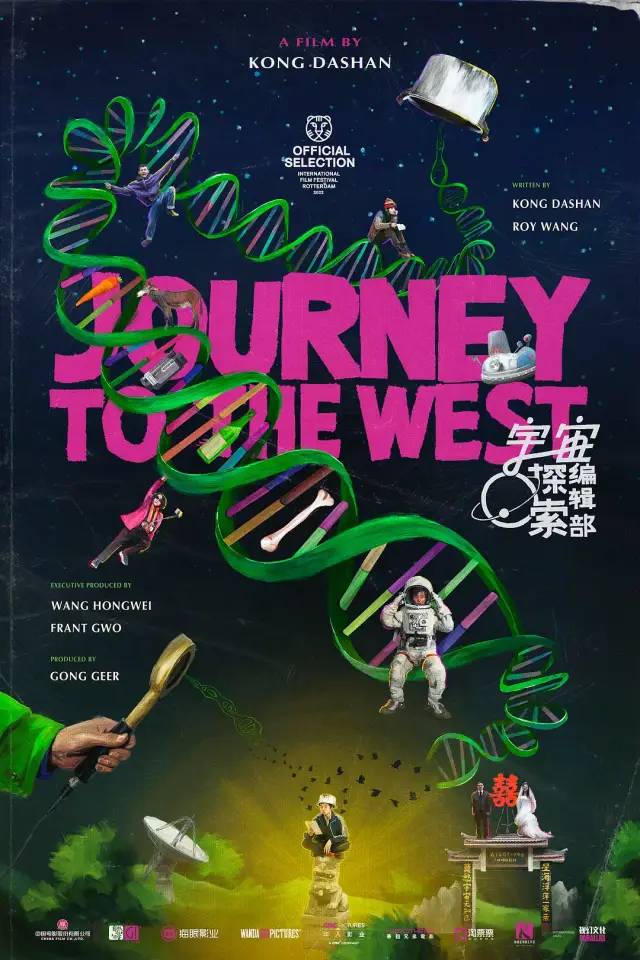
The film became an instant hit at the Pingyao Crouching Tiger Hidden Dragon International Film Festival (PYIFF), during which its word-of-mouth got around, and two extra screenings were added. It has become the top one choice out of Chinese films for moviegoers. I remembered seeing this film at the PYIFF last year and got too excited to sleep for half the night. The film creates an alternative space beyond reality and sci-fi sphere, it’s essentially experimental and exploratory. It also presents a completely different possibility for Chinese sci-fi films, and it is no exaggeration to say that it opens up a new direction for Chinese sci-fi films. It is the catchiest film in the Forward Future section this year.

Apart from two new films, the third fastest seller is time-honored classic The Godfather (50th Anniversary Dolby Vision Version). If the popularity of new films shows a film festival’s vitality, then the preference for classics best proves the effects of film festival’s aesthetic education. In fact, The Godfather has been screened at China Film Archive for many times in many forms, such as film version, 4K restoration version and trilogy screening. In this sense, moviegoers in Beijing has watched all versions of The Godfather, and they can be so ardent about it. But the fact is just the opposite. The spell of the classics is unstoppable. A different version ignited fans’ viewing excitement. The 50th Anniversary Dolby Vision Version was sold out in seconds. And film critic Sha Dan even wrote a piece called How Come Beijing Moviegoers Love Watching The Godfather to tell its pivotal position in Hollywood gangster films in all aspects, and anecdotes about the film and behind the scenes.
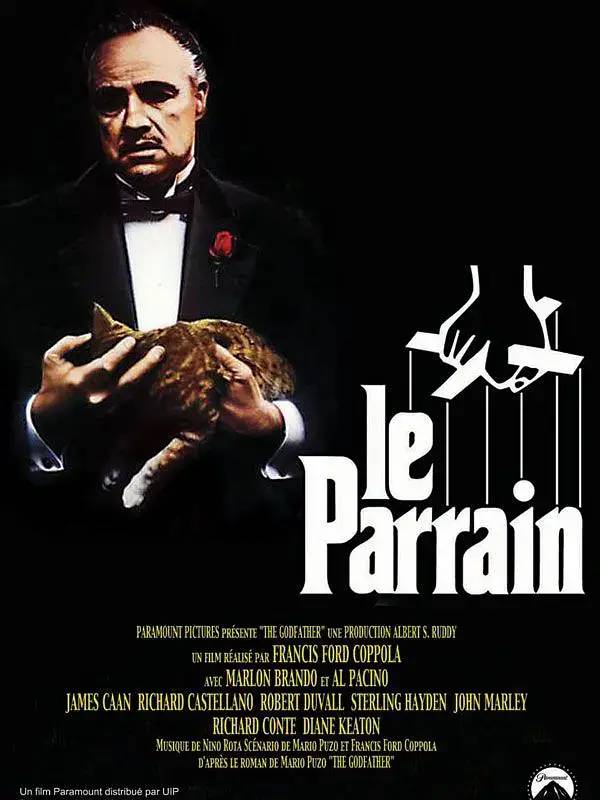
New films and classics appealed greatly to the audience. The freshness and excitement brought about by good films transcend time. So it’s worthwhile to grab tickets to them. And there was so much more than that. More than 130 films were screened within 10 days. In addition to these three fastest sellers, there were avant-garde and cultural sections such as the Outlook, and MAKING WAVES—NAVIGATORS OF HONG KONG CINEMA. On the occasion of the 25th anniversary of Hong Kong’s return to the motherland, the MAKING WAVES—NAVIGATORS OF HONG KONG CINEMA section was launched, reflecting the cultural standing of the BJIFF as a major pillar of the great power, and reliving love for Hong Kong films.

Of course, the Master Review and Restored Classics sections are as outstanding as ever. This year, the BJIFF presented a comprehensive retrospective of classics by Greek Master Theodoros Angelopoulos, including the “trilogy of history”, “trilogy of silence” and “Balkan trilogy”. Besides, the Restored Classics section included the Uproar in Heaven and The Teahouse among other classics.
Whether you prefer highbrow or popular films, you would always find your favorite film at the BJIFF. For film fans, that’s the essence of a film festival. It’s been 12 years, and the appeal of the BJIFF Beijing Film Panorama becomes more distinctive: No rigid or demanding limitations, no bias for arthouse or commercial films, and nothing but quality of films matters. The 12-year-old BJIFF Beijing Film Panorama becomes confident and starts showing competitive edges.
Forums Represent BJIFF’s Voice
While screening sections connect films with audience, forums present collision of industries, and represent the voice of a film festival. Based in Beijing, the BJIFF embodies the capital’s cultural confidence, integrity, innovation and inclusiveness. The 12th BJIFF hosted three Film Power Forums and five theme forums, covering creation, performing arts, film studies, market development and other topics, all of which demonstrated inclusiveness and confidence of the BJIFF. Exciting collision of ideas took place at the forums, which revealed BJIFF’s curating of connecting industry with audience, creation with market, and academia and professional community. It’s also been the main frame of BJIFF’s forums over the past twelve years: integration of industry, academia and research, and consensus on creation, market and development.

Three Film Power Forums approached the proposition of “how to build a film power” screenplay, performing arts, creation, market, industry and academia.
At the Film Power Forum—Exploration, Pursuit and Creation of “Peak” Film, Hao Rong, President of Central Academy of Drama, director Huang Jianxin and Zheng Dasheng, actress Zhang Ziyi, actor Liu Haoran, screenwriter Shu Huan and Lan Xiaolong, film scholar Huangfu Yichuan and Tan Zheng exchanged their thoughts about how to develop “peak” works.
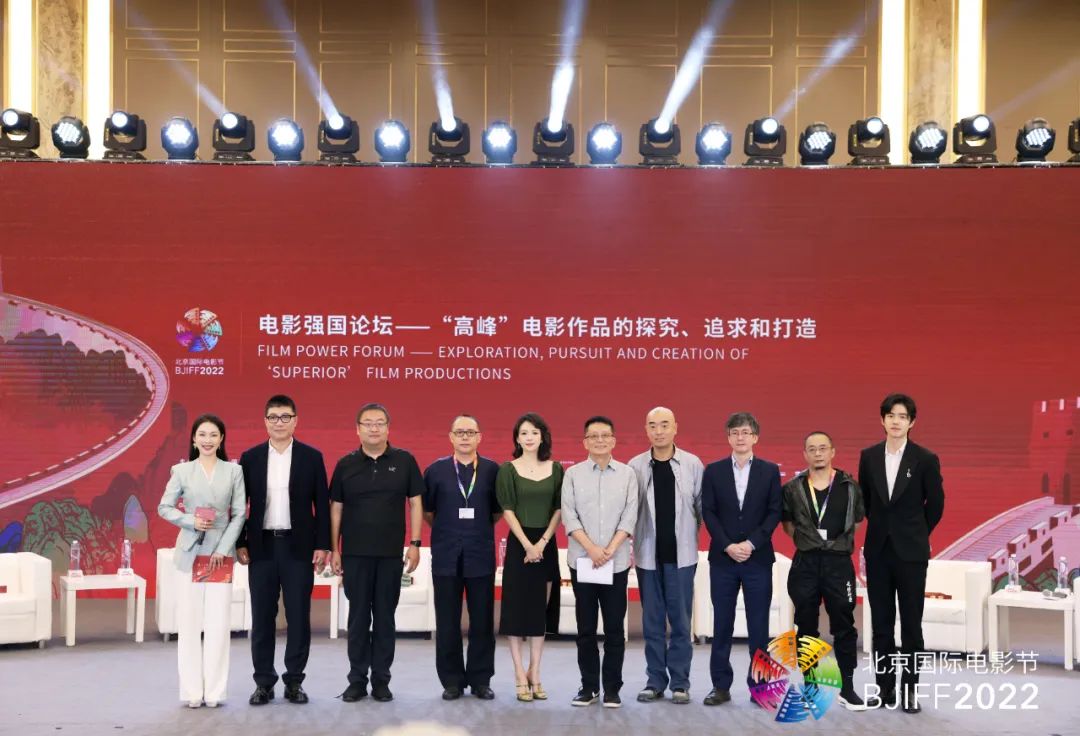
Apart from the forum for creators and scholars, there was also the field for producers and investors. At three Film Power Forums, heads of top film companies in China were gathered to discuss creative difficulties in the post-pandemic era and best ways of development.
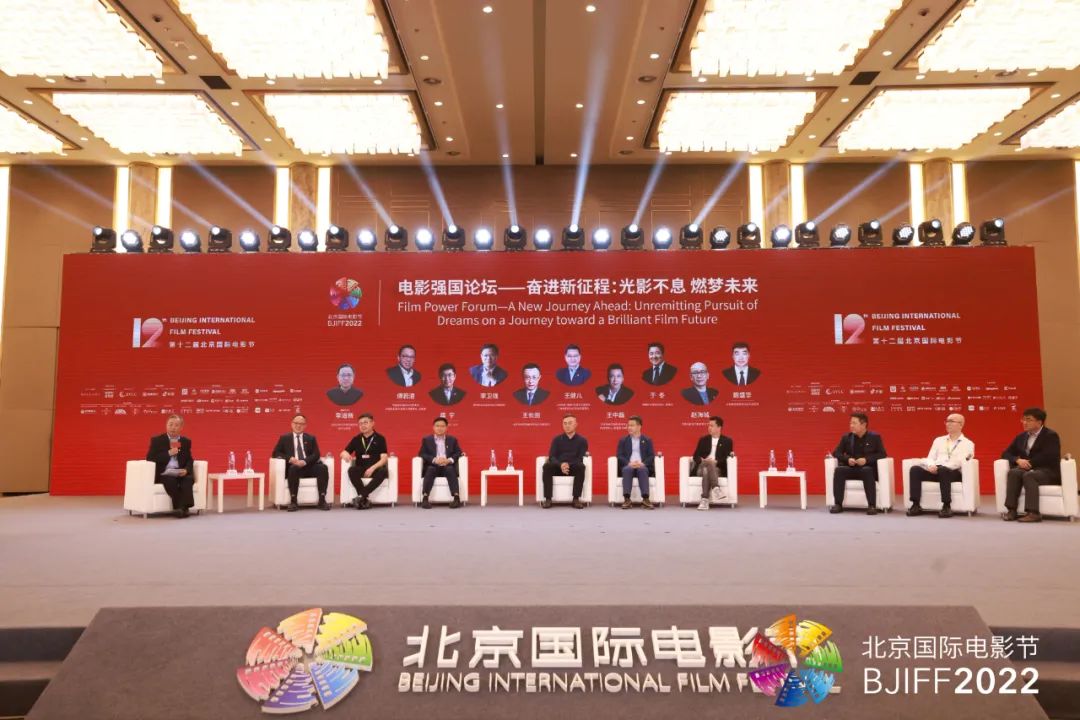
I was impressed by Yu Dong, President of Bona Film Group Co., Ltd., calling out, “No inaction. If we don’t act, the market is doomed”.
For film’s sake, we shouldn’t stop. That’s the plain and real status quo of filmmakers. It’s significant for China’s film market and construction of China’s film theory and creation systems to have the group of guests who shape the development of China’s film industry sit down and talk about future and creation on occasion of the annual BJIFF. Undeniably, not all forums are so serious. There are also small but aesthetic forums that I’m interested in, such as the New Wave Forum: The Power of Young Filmmakers. It featured three guests: Yang Lina, Li Ruijun and Kong Dashan, who have produced high-quality new films in the past couple of years. I like their works very much.
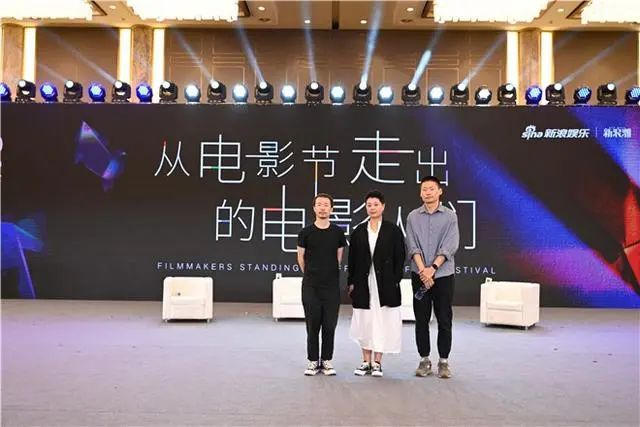
I’m wondering how many of you have reserved the top three of the year for Return to Dust and Journey to the West like me. The recent summer release Return to Dust is director Li Ruijun’s new film after five years. The peaceful and restrained story and brewing love are of subtle beauty of Eastern style. Love is not spoken once in the film, but it’s flowing and found everywhere.

Another younger director Kong Dashan is the one directing the Journey to the West mentioned in the beginning, whose tickets were sold out in seconds. The story connects countless “sci-fi salutes” and “unsolved mysteries”, mixes reality and fiction, and is full of black humor. Kong Dashan draws the line between talent and the lunatic by means of film.

It’s refreshing and interesting to listen to those one-of-their-kind young creators talking about films and filmmaking. It’s them that keep the industry young and robust. In addition to various forums, Workshop & Masterclass this year got increasingly better. They’ve been held for three editions. Over the past three years, Go Li, Peter Chan, Tim Yip and other masters have contributed touching insights.
This year, Derek Yee, Li Xuejian and Malcolm Clarke hosted Workshop & Masterclass. This edition featured diversity and collaboration.
As Derek Yee also served as the Jury President of the BJIFF Project Pitches, his Masterclass invited young director Li Yuhe, Zhao Ye and Wang Xuebo to discuss how to take the first step to become a director.

Based on the main melody film Roaring Across the Horizon starring him, Li Xuejian’s Masterclass focused on all aspects related to the development of main melody films.
Malcolm Clarke, jury member of the Tiantan Award and British director, shared his creative experience with filmmakers at home and abroad and film fans based on his international creative experience. The launch of Workshop & Masterclass deepens the field of communication at the BJIFF, and connects and mobilizes other sections in a clever way. In addition to classic forums and Workshop & Masterclass, unexpectedly, the BJIFF hosted the Beijing International Sports Film Week and related forums for the first time. The hosting seemed extremely up-to-date following the successful organization of Beijing 2022.

Many sport-themed films were submitted, and continued sports dream of the Dual Olympic City. In the same year when Beijing 2022 was held, the combination of sports and films records and builds up the legacy of ice and snow sports, extreme sports and competitions. In this way, the BJIFF resonated with Beijing by means of film, and joined the development of sports culture and urban culture.
Findfilms you love at the BJIFF Beijing Film Market
As I explained above, one of the curating ideas of the BJIFF Beijing Film Panorama is the balance between art and market. It applies to not only screenings but also the Beijing Film Market. The BJIFF has been committed to increasing the market scale as the festival realized early on that the film market has always played an important role in its influence. Take the example of Parasite. After it won the Golden Palm, its copyright was sold to 192 countries and regions, making it the film sold record number of countries and regions in the history of the Republic of Korea. It shows market appeal of a prestigious film festival. Many film festivals serve as important copyright trading venues where global film buyers are gathered select and purchase films. The BJIFF also felicitates commercialization of award winners. Market screenings and negotiations offer a platform for transition from the film festival to market. The market screenings were included last year. The BJIFF seemed more committed to and adept at the section this year. From last year's market screenings, this year we can feel the Festival's dedication and skill in market screenings. Unexpectedly, although we did not grab more tickets to the Beijing Film Panorama, we were lucky to find our favorite films in market screenings. This year, the Beijing Film Market presented the screenings of many prominent films, among which there are extremely artistic films and winners of awards at international film festivals, such as Hong Sang-soo’s new film The Novelist's Film, and Korean director and actor Jung Woo-sung’s new film A Man of Reason.
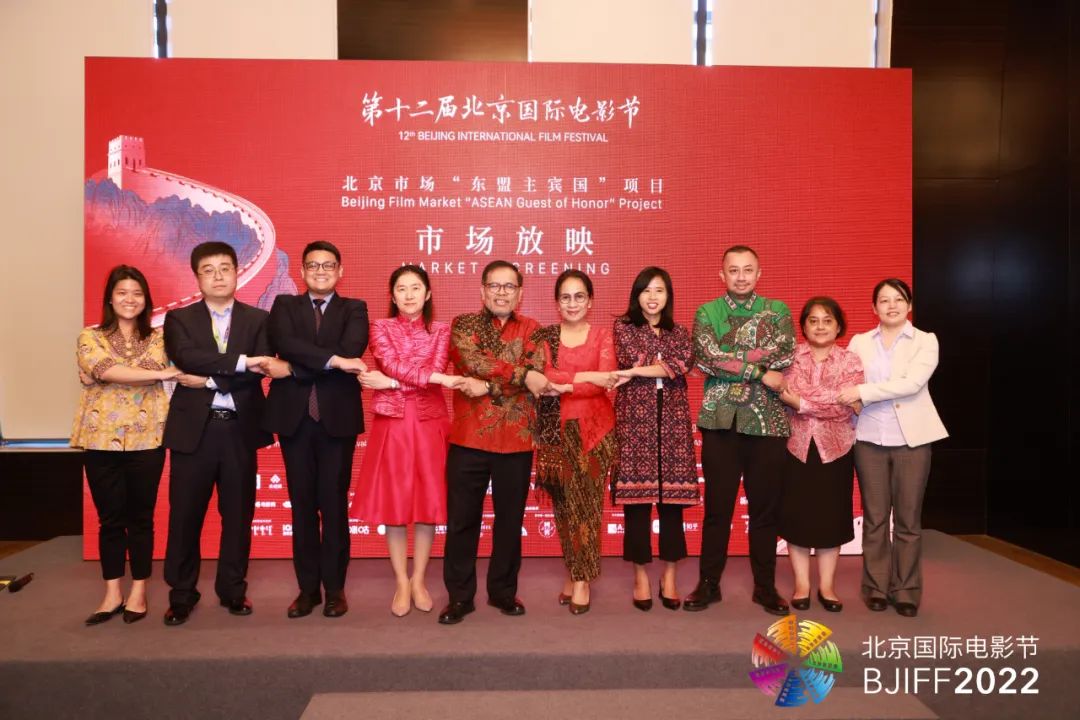
Market screenings are exclusively open to film buyers, and pave the way for transactions. Many films are only available with English subtitles, but it does not affect the judgment of film quality. It’s worth noticing that films to be sold this year are of high quality, not to mention new films by masters such as The Novelist’s Film, which has won awards. Even some of the newcomer films are quite good.
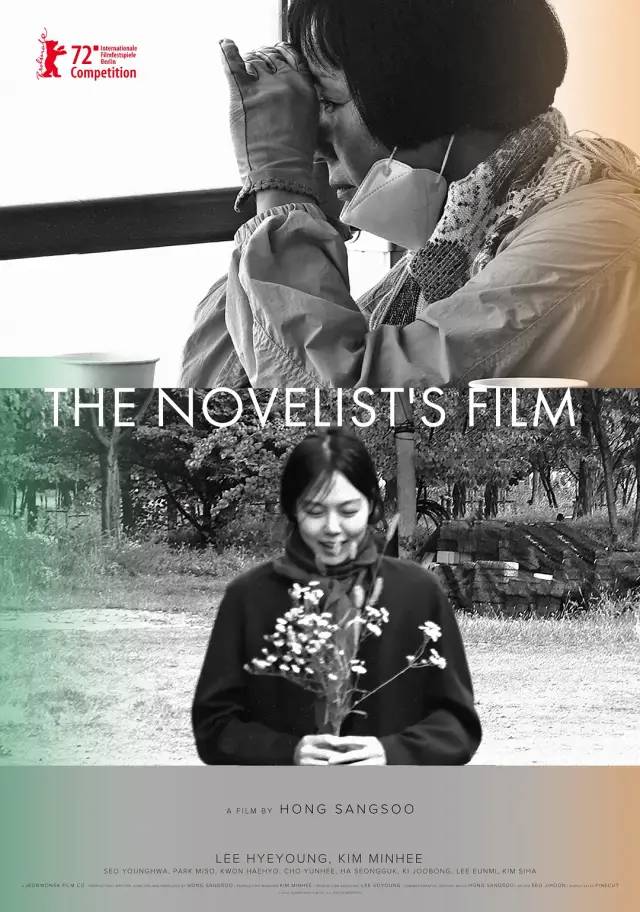
In particular, my favorite is Everything in Between. It’s a youthful Australian film. While domestic youth films are out of order, the film depicts the beauty and misery of youth in an alternative way. Personally, I wish the films would be purchased by domestic distributors and released in China soon. Market and audience are destinations for a film festival.
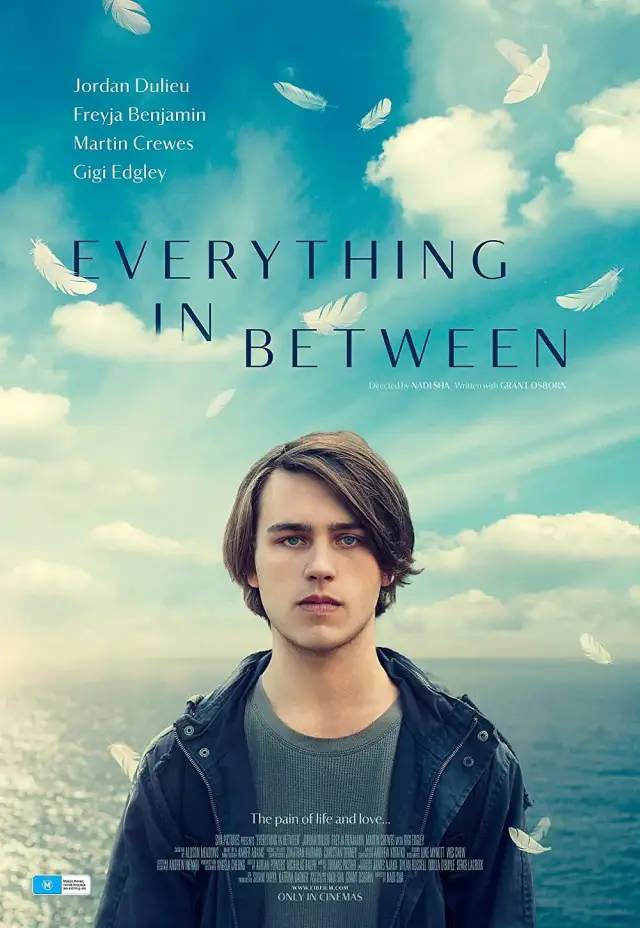
As Everything in Between was ending, film buyers waited for closing credits to roll over. At that time, the film managed to cross the cultural boundary and reach more audience. That’s the essence of the Beijing Film Market. Despite downward market, the BJIFF spared no efforts and responded at ease. I attended seven screenings and four forums, and spent a day at Beijing Film Market. And here comes the end of the BJIFF. Like all friends, my BJIFF experience is full of surprises and regrets.
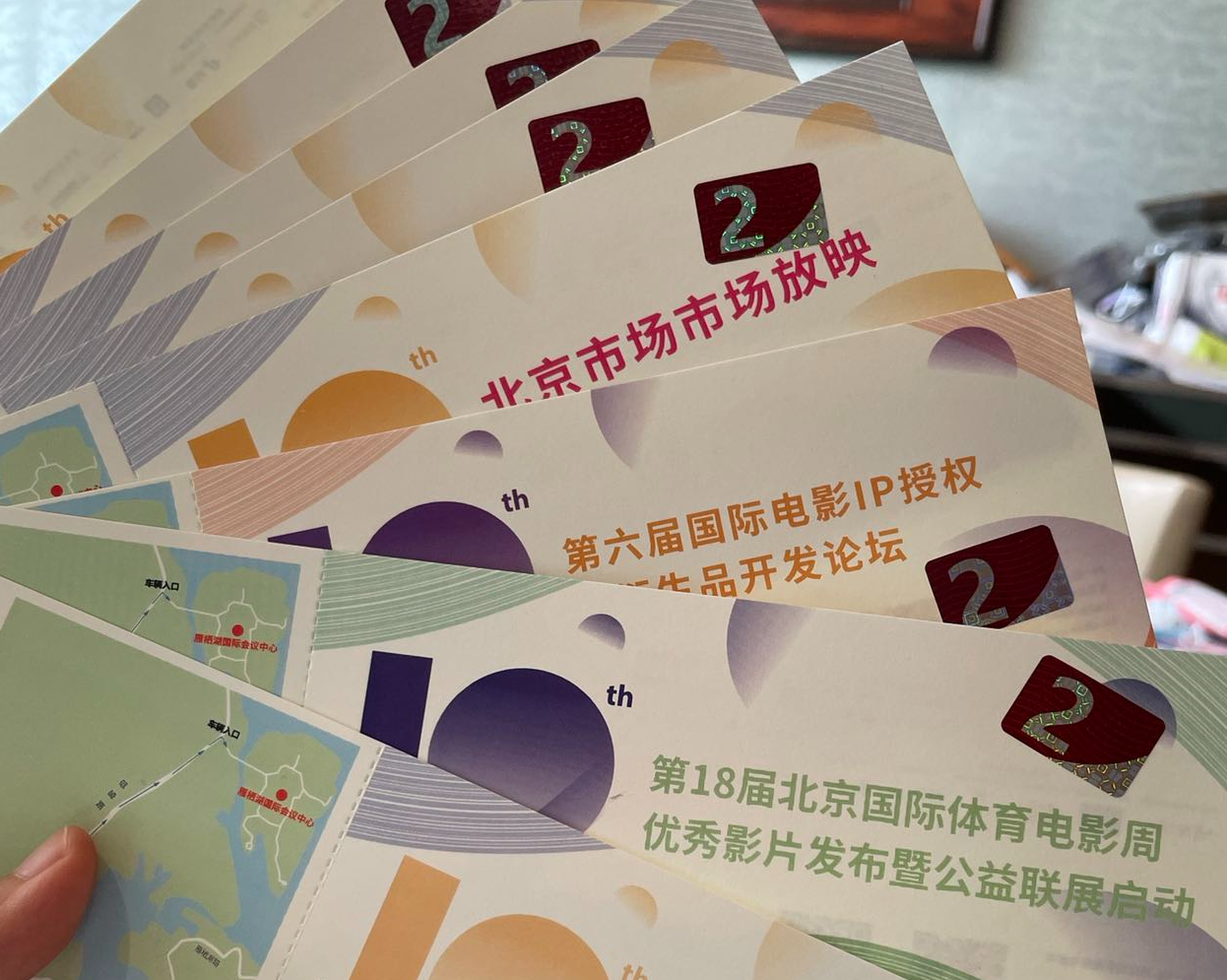
On my way back to China Film Archive from the main venue in Huairou District, I happened to notice BJIFF road flags outside the window, and it occurred to me how great it would be if the film festival never came to its end. In this way, I could be immersed in films forever, cursing or laughing, and felt the hot and timeless pulse of films at cinemas and various events. Well, there is always an end to the carnival and fun moments. The BJIFF will be concluded after the winners of the Tiantan Award are revealed tomorrow. But we won’t forget how the BJIFF remains at ease, and draws us back to films when confidence is even more precious than gold. The 12-year-old BJIFF didn’t fail us. And we look forward to the announcement of the winners of the Tiantan Award tomorrow just like everyone else!
